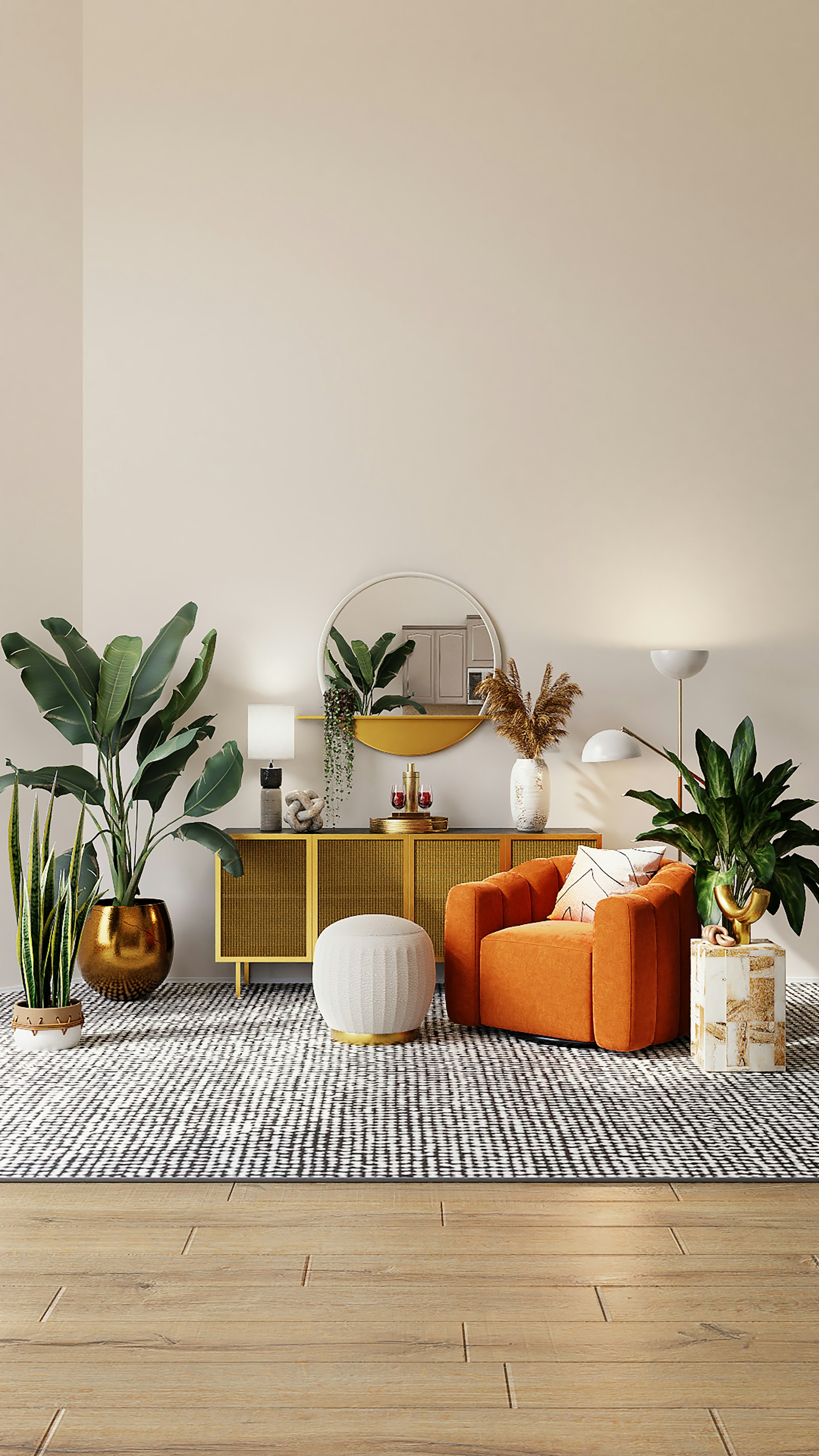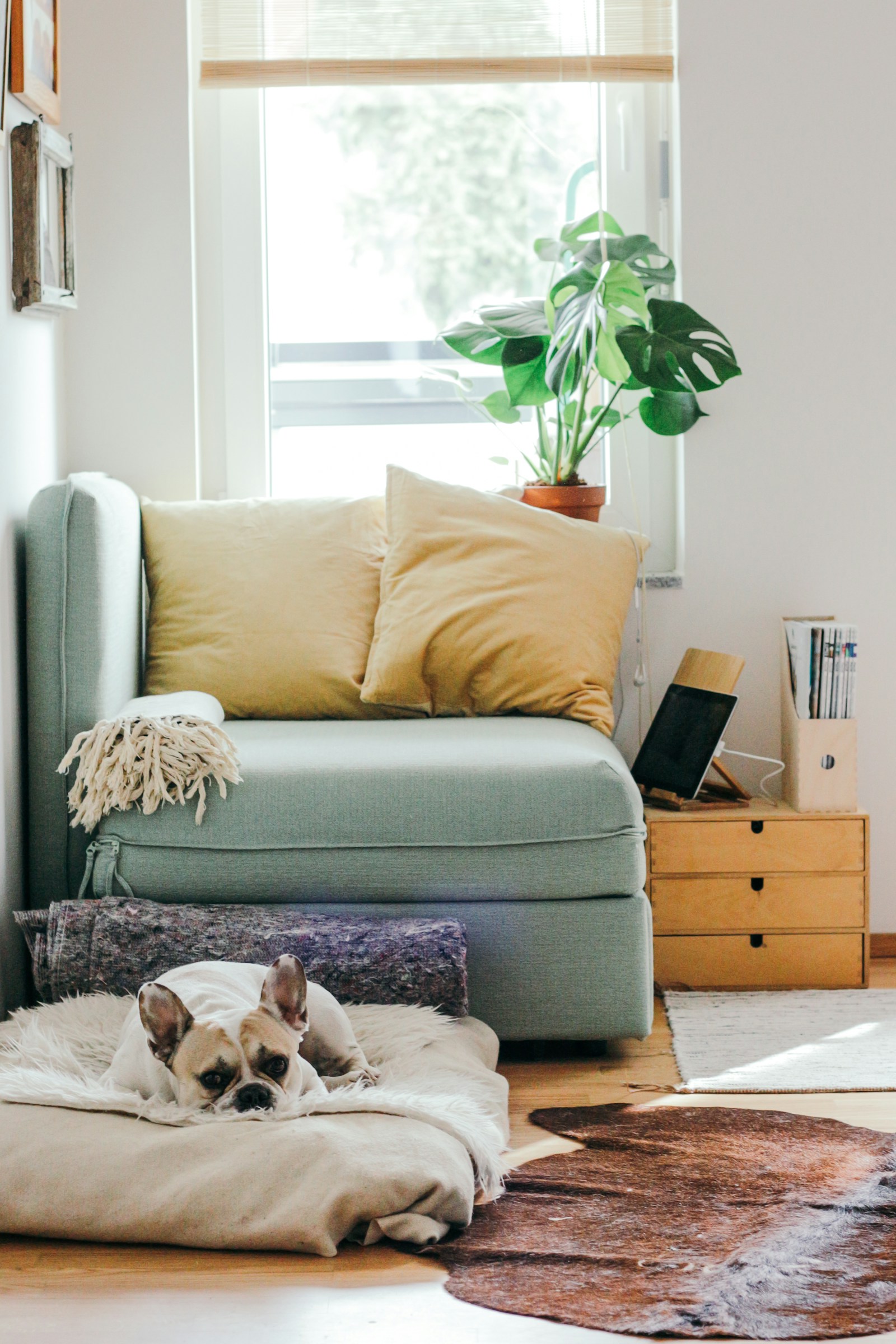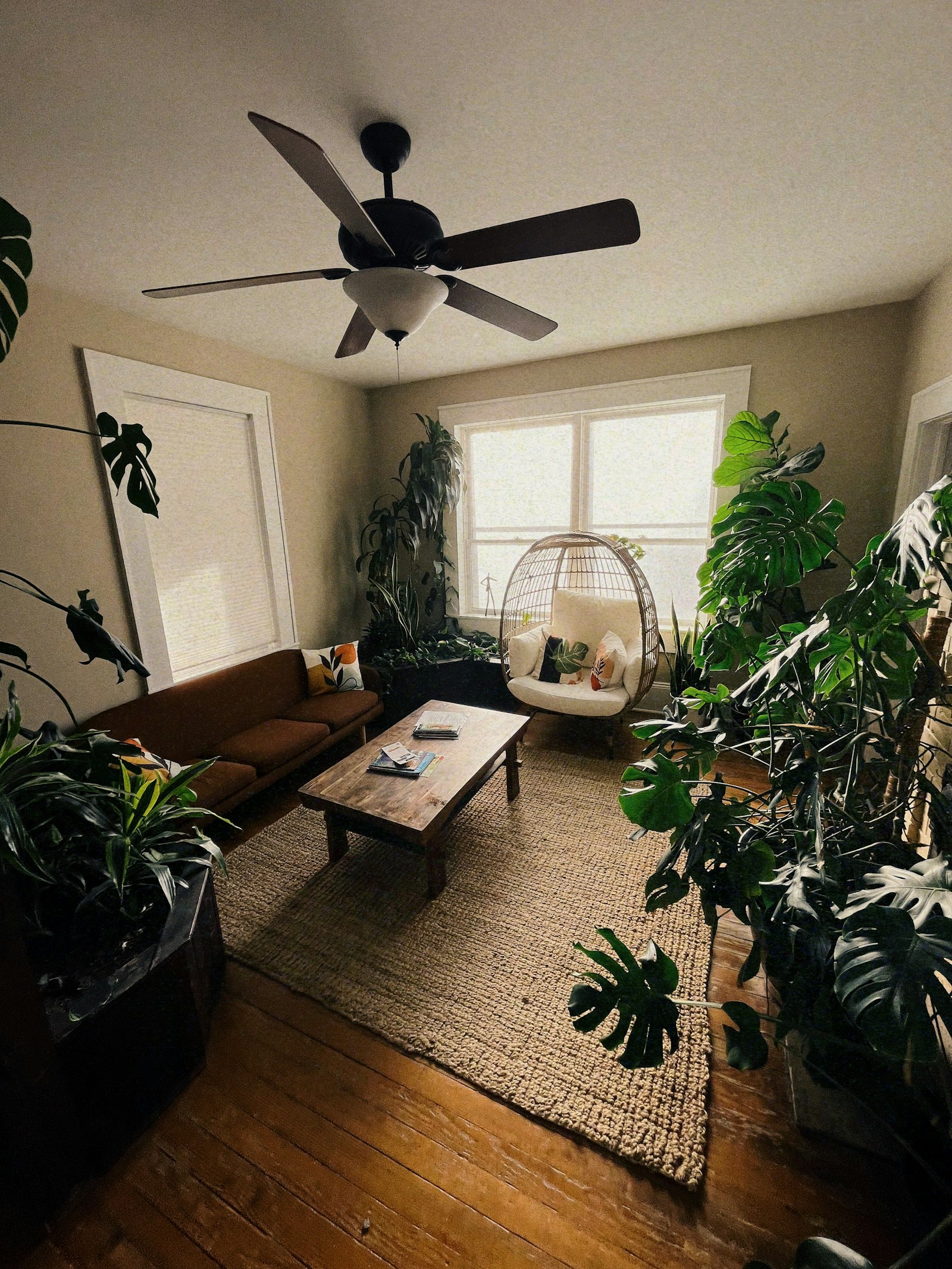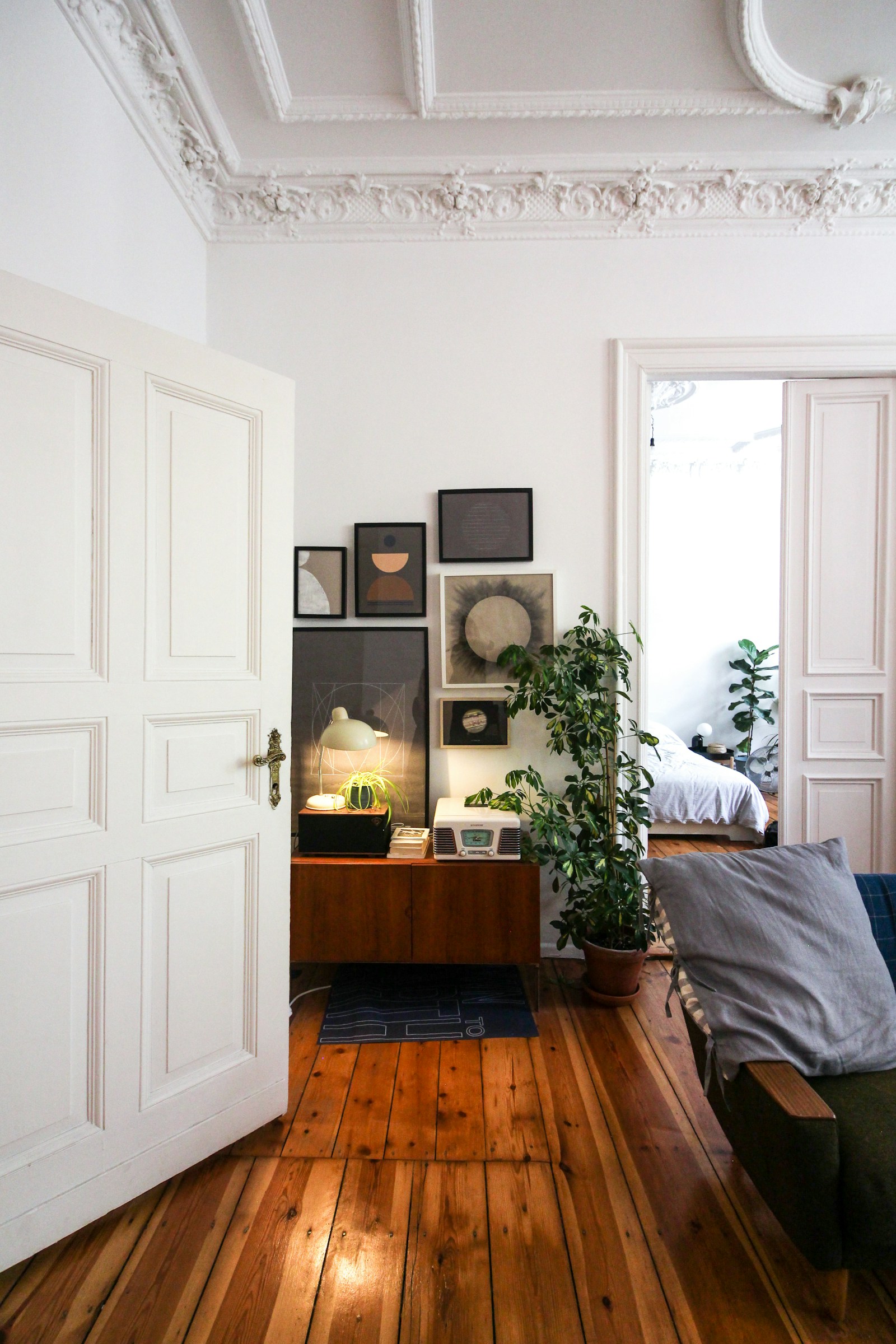When it comes to deciding whether to buy or rent a home, many people find themselves weighing the benefits and drawbacks of each option. Both choices have unique advantages depending on your lifestyle, financial situation, and long-term goals. At The Smallbone Team, we understand how important this decision is and want to help you make an informed choice.

Pros of Buying a Home
1. Building Equity Over Time
One of the biggest advantages of buying a home is that your monthly mortgage payments contribute toward building equity. Unlike rent payments, which go to a landlord, owning a home means investing in an asset that can grow in value.
2. Stability and Control
Homeownership offers stability. You won’t have to worry about lease renewals or unexpected rent increases. Plus, you have the freedom to personalize and renovate your property as you see fit.
3. Potential Tax Benefits
Homeowners may qualify for tax deductions such as mortgage interest and property taxes, which can reduce your overall tax burden.
4. Long-Term Investment
Real estate historically appreciates in value, making homeownership a potential source of long-term wealth. Plus, owning a home can provide financial security during retirement.

Cons of Buying a Home
1. High Upfront Costs
Buying a home requires a significant initial investment including a down payment, closing costs, home inspections, and moving expenses.
2. Maintenance and Repairs
As a homeowner, you are responsible for all maintenance and repairs, which can be costly and time-consuming.
3. Less Flexibility
Selling a home takes time and can be complicated, making it harder to relocate quickly for job changes or personal reasons.
4. Market Risk
Property values can fluctuate based on the real estate market and local economy, meaning your investment isn’t guaranteed to increase in value.

Pros of Renting a Home
1. Lower Upfront Costs
Renting typically requires a security deposit and first month’s rent, making it more affordable upfront compared to buying.
2. Flexibility
Leases are usually short-term, allowing renters to move easily without the hassle of selling a property. This flexibility is ideal for people who might relocate frequently.
3. No Maintenance Costs
Renters aren’t responsible for repairs or maintenance, which means fewer unexpected expenses.
4. Access to Amenities
Many rental properties come with shared amenities like gyms, pools, or common spaces, which might be expensive to maintain in a private home.

Cons of Renting a Home
1. No Equity Building
Monthly rent payments go to the landlord and don’t contribute to ownership or investment.
2. Rent Increases and Lease Restrictions
Landlords can raise rent prices or impose restrictions that limit your ability to personalize the space or have pets.
3. Less Stability
Renters may face eviction or non-renewal of leases, creating uncertainty.
4. Limited Control
Renters usually cannot renovate or make significant changes to their living space.
Which Is Right for You?
Deciding whether to buy or rent depends largely on your financial health, career plans, lifestyle preferences, and long-term goals. If stability and investment growth matter most, buying could be the right choice. But if flexibility and lower upfront costs are priorities, renting may be more suitable.
At The Smallbone Team, we’re here to guide you through the home buying or renting process in Burlington and surrounding areas. Contact us today to discuss your options and find the perfect fit for your lifestyle and budget.

